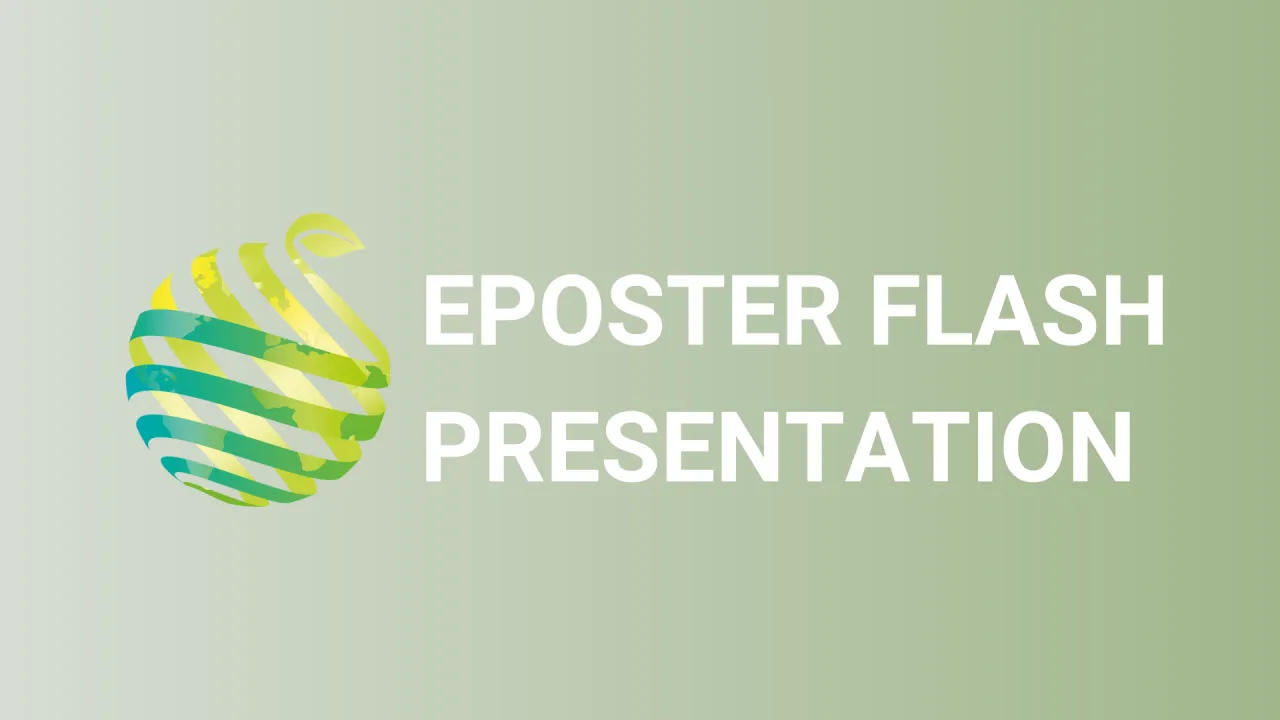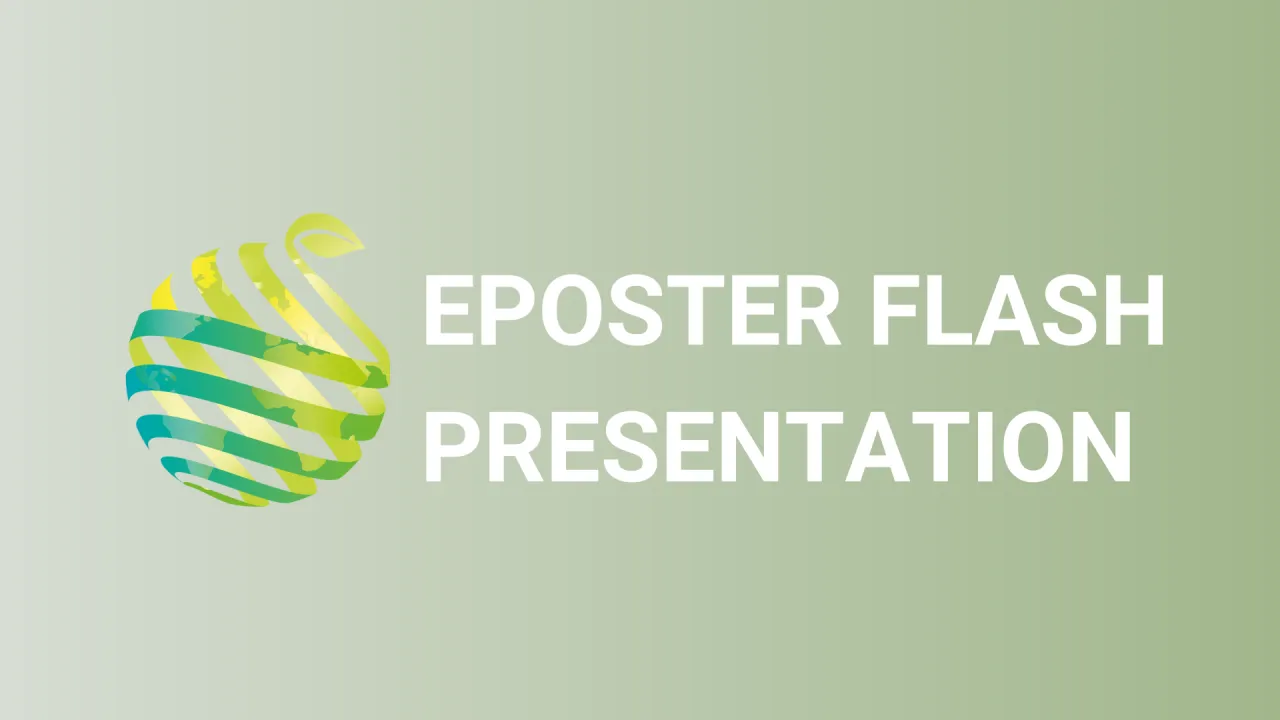

S12 - Session P3 - Irrigation scheduling has limited effects on productivity of field-grown pak choi (Brassica rapa l. spp. chinensis) in non-drought years
Information
Authors: Andrej Svyantek, Sarah Bogenrief, Matthew Brooke, Zhuoyu Wang, Venkateswara Kadium, Collin Auwarter, Harlene Hatterman-Valenti *
Market garden cultivation of local vegetable produce is an increasingly important component of diversified, small-scale agriculture across the United States, including states in the Upper Midwest. In response to recent drought conditions impacting farmers across North Dakota, an irrigation study was conducted in 2019 and 2020 to explore the yield and cropping potential of leafy vegetables using two non-heading Chinese cabbages, 'Joi Choi' and 'Mei Qing Choi'. Two production timelines were investigated in each growing season, an early planting harvested from late July to late August and a late planting harvested between late August and mid-September. Three separate irrigation regimes were imposed using drip-tape in black plasticulture beds. Plots were irrigated once per week (low), twice per week (medium), or three times per week (high). Cultivar effects were observed for harvest characteristics (plant width, height, and yield). At harvest dates where significant differences were detected, 'Joi Choi' had greater yield and larger plant size traits. Irrigation effects were not detected in 2020; however, in the earliest of three harvest dates for the late planting in 2019, low irrigation rates resulted in lower yield. This study was created in response to severe and extreme drought conditions observed in 2017, yet the 2019 the June to September period experienced nearly 65% more precipitation than normal, and the 2020 growing season's July and August rainfall was approximately 54% greater than normal. These conditions likely restricted the observed differences between irrigation treatments due to lack of water stress. Future research under drought like conditions is necessary to increase the regional understanding of consequences stemming from reduced water usage in horticultural systems; this must be supplemented by investigating the impact of specific water stresses associated with poor water quality in some of North Dakota's irrigation water sources.